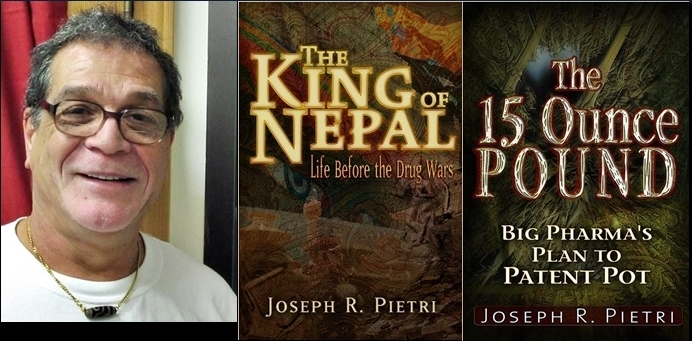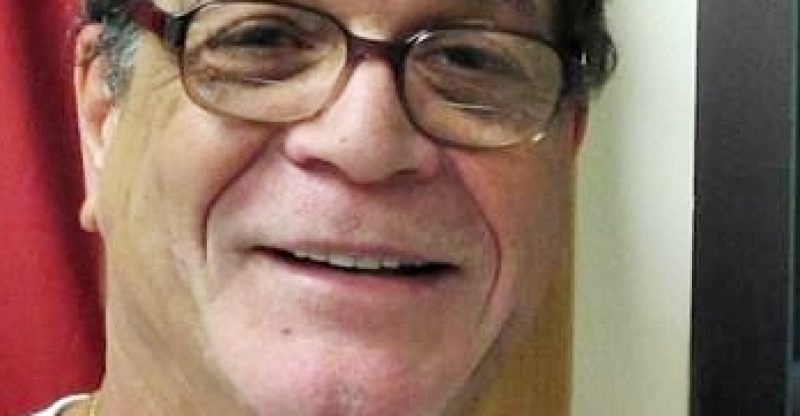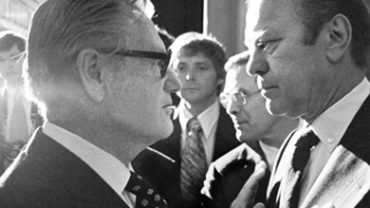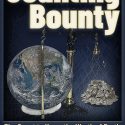The Journey 40. Joe Pietri: Legalization is Out of the Bottle
Author Joe Pietri (THE KING OF NEPAL: Life before the Drug War and THE 15-OUNCE POUND: Big Pharma’s Plan to Patent Pot) and publisher Kris Millegan discuss the criminalization of drugs, the creation of lucrative black markets, the effort to legalize marijuana, and Joe’s adventures as a former smuggler and now one of the world’s premier legal growers.

K: Joe has caused some consternation among people because Joe has a tendency to tell the truth a lot.
J: In Nepal, in 1970, hashish and marijuana were legal. You could legally buy it in any store. The only time you were doing anything illegal was when you were taking it out of the country. When you took it out of the country and they caught you, they arrested you, and fined you a hundred dollars, and sometimes even gave you back your hash and told you not to try to take it out. I was making false-bottom suitcases. They called me the king of Nepal ‘cause I used to send my shipments out, not in my name but His Majesty’s Government of Nepal.
[When Birendra, who was Harvard educated, became the king in 1972, he made hashish and marijuana illegal.] The first thing that you noticed on the street was that children were now selling drugs on the street. Another thing, when you talk about Katmandu, is that when they made it illegal, it created a huge black market there.
Nepal being a backward country at the time – it was basically economic slavery there; it was only the rich that owned everything – it created the communist revolution, their making the hashish and marijuana illegal because … they made baskets from it. They made clothes from it. They made food from it. When they made that illegal, the farmers had no way of making money. That was their only way of making money, other than subsistence farming. Where the communist revolution started in Nepal was the hash center of Nepal. And the Nepalese were told that brown sugar heroin was the same as ganja. When they did that, they addicted the whole Nepalese poor society. They really, really ruined Nepal.
K: That’s so sad. It was such a beautiful country.
J: In Afghanistan, in 1970, there was no heroin produced there. If you wanted to buy heroin, you could buy it legally in the drug store, because it was a pharmaceutical drug. You could get a prescription for it still.
K: And then you came at me with this other book, The 15 Ounce Pound. That’s quite a story.
J: When the Afghan war started, the Golden Triangle got shut down, and the Golden Crescent [began]. Everybody thinks that, “It’s the Afghan heroin, it’s the Afghan heroin.” Most of that stuff is processed in Pakistan. When Pakistan PIA Airlines joined Nepali Air, the heroin traffic started coming out of Pakistan and Afghanistan, opium being grown in Afghanistan and taken into Pakistan where it’s processed. The Pakistani military would fly right into the opium producing areas and buy the whole production and ship it right to Pakistan. It was a governmental thing.
It created Nepal as a heroin go-down. You could buy hundreds of kilos of heroin in Katmandu. And it’s all government sealed, everything. So that traffic has moved there, and it’s safer for the Afghans to sell their heroin in Nepal than it is on the border of Afghanistan and Pakistan, plus they get a much higher price. Katmandu has changed. It’s a heroin center now.
K: This kid was growing medical stuff in Arizona, and his uncle, a big guy with the IRS, was telling him, “You aren’t going to be able to do that anymore. We just had this big meeting up in Chicago, and we’re going to shut all this down.” We did confirm that the meeting had happened. There’d been a governor from Connecticut, the governor from some other state, and all the people from the FBI and the DEA and the IRS and everything, and they were looking to try and shut the medical marijuana and the legal marijuana down. They tried all this stuff but the genie is out of the bottle. I mean, you’re in Oklahoma and producing legal marijuana.
J: The Cannabis Cup was an intelligence-gathering event set up by High Times with the help of the Drug Enforcement Agency.
The Dutch own tulips. They’ve gone to two wars over tulips. The Dutch wanted to make cannabis like tulips. I have killed that idea, hopefully forever.









